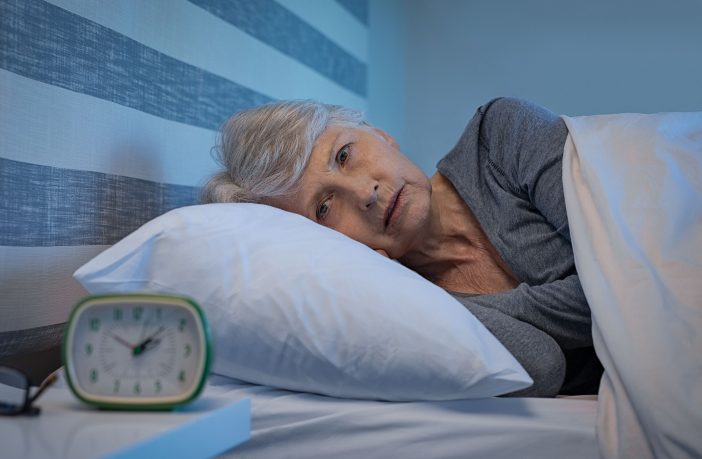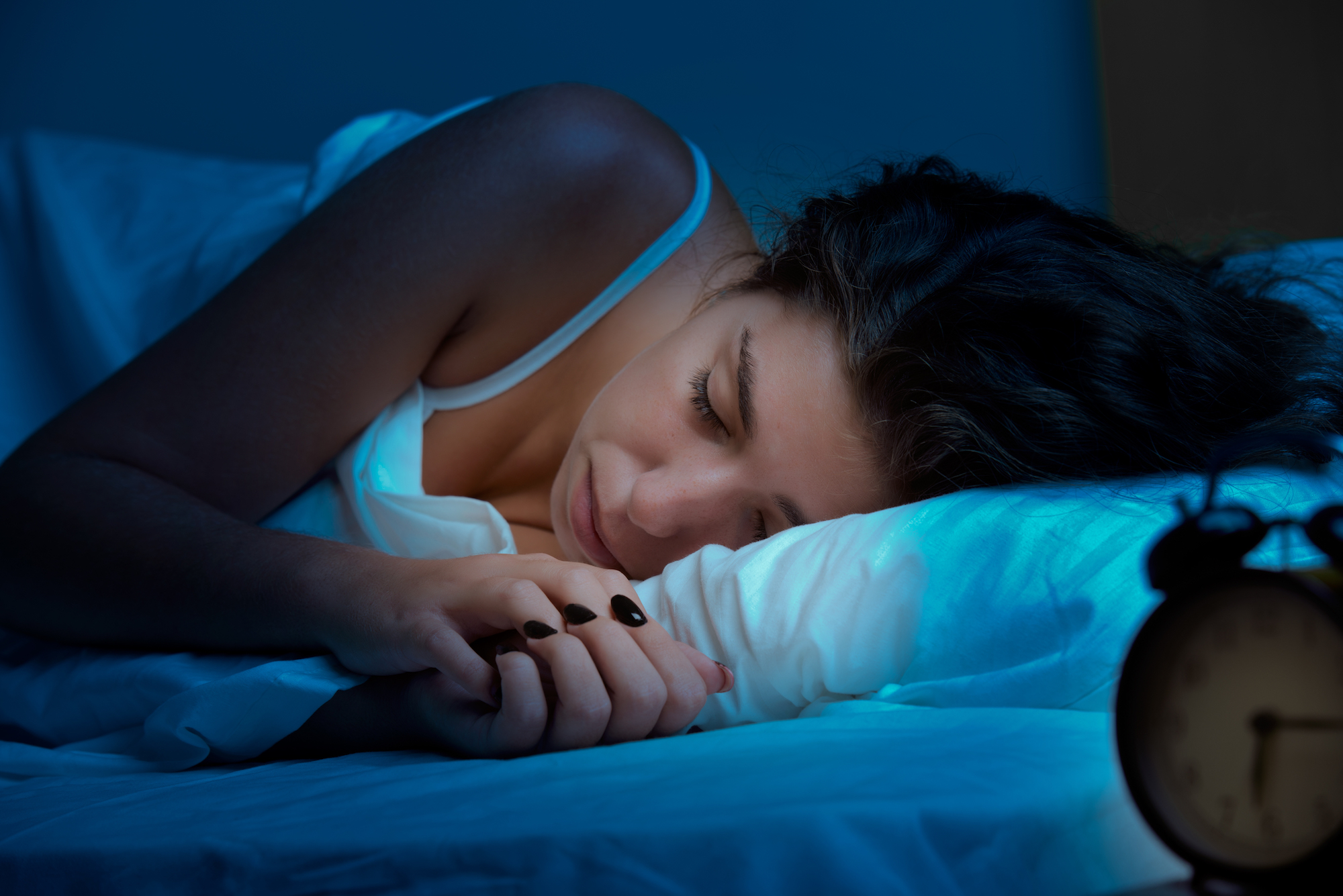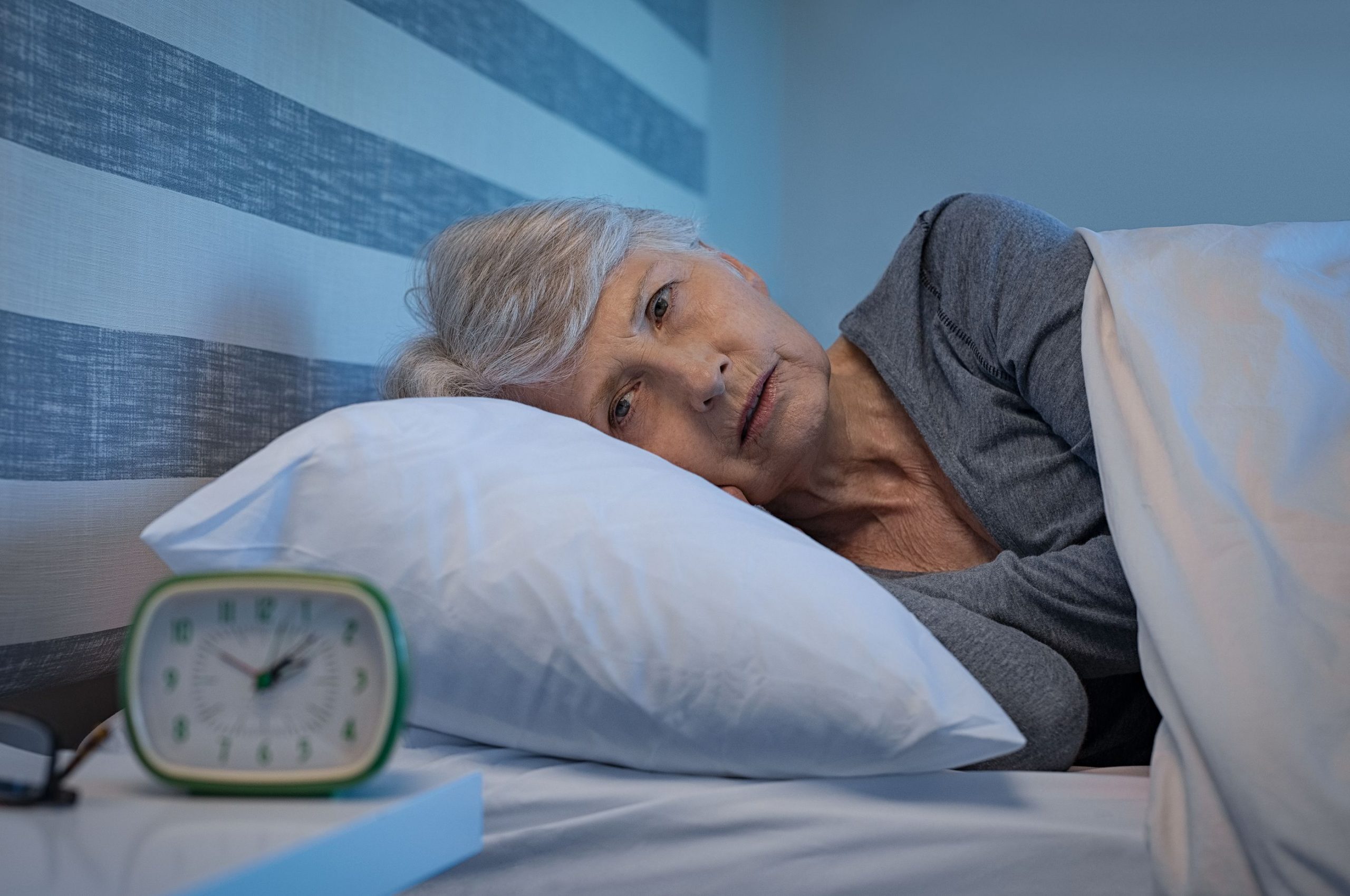Are you one of the one third of people in the United States who have trouble sleeping? Do you have trouble getting to sleep? Or staying asleep? Waking up too early? Or have unrefreshing sleep?
The National Sleep Foundation (NSF) reports that 30 – 35 % of Americans complain of insomnia. In fact, people today sleep 20% less than they did a 100 years ago. Indeed, according to the NSF and other expert sources, we have national “sleep debt”!
Now, imagine being able to sleep straight through the night and waking in the morning feeling refreshed and ready to start the day. Interested? Well, you’ve come to the right place… there are several ways to overcome your insomnia.
Before getting into the many ways to treat your insomnia, let’s look at some of the causes of insomnia. These are not entirely different than causes of illness, since, as you may know, sleep problems and illness go hand-in-hand.
Lifestyle Issues
First, many sleep problems can be handled by changes in your lifestyle. These changes should be the starting point in dealing with your sleep problems. These sleep hygiene techniques are listed below
Effects of Stress
Next, many people suffering from insomnia are under a lot of stress. These can be physical, psychological, and/or social stressors. And each of these can influence and aggravate the others.
Chemical Brain Imbalance
If you’re tossing and turning all night, it may be a sign that certain brain chemicals are too low. These are crucial for a good night’s sleep.
So, what’s the solution?
Changes in Lifestyle.
There are certain lifestyle (sleep hygiene) “rules” or tips that can aid in getting a good night’s sleep. The following are the “DOs” and “DON’TS” of getting a good night’s sleep. These, of course, are just some of the more important ones
DO’s
- Get up at the same time everyday, regardless of your bedtime.
- Get adequate exercise diet choices.
- Develop a sleep routine. Your body becomes accustomed to routines and this serves as a signal for your brain that it’s time to sleep.
DON’Ts
- Do not lay in bed for more than 20 – 30 minutes without sleeping. Your bed then becomes associated with not sleeping. Get up and do boring tasks until you feel sleepy
- Do not schedule exercise or vigorous activity too close to bedtime
- The routine use of products that interfere with sleep, such as alcohol, nicotine, or caffeine.
Stress Reduction Techniques
- Many people find that engaging in some type of meditation, yoga, or other activities… that can calm the mind and discourage exciting or emotionally upsetting thoughts… aid in preparing the body to go to sleep.
- Exercise at the appropriate time of day for you (but not too close to bedtime).
- Any kind of relaxing activity, such as a hot bath or light reading.
Use of Effective Supplements
The problem with conventional sleep aids, such as sleeping pills, is that they do not necessarily solve the problem. They may contain antihistamines, which may leave you “groggy” the next day. Also, there is the problem that they will lose their effectiveness after a few nights of sleep.
There are many natural products that can prepare the body for sleep and reduce the “mental chatter” that keeps you awake. Many of these products contain melatonin, a natural substance produced by body.
In addition, there are other products that can boost your brain chemicals to produce and maintain sleep. For example, there are “calming herbs” that shut down your brain’s “worry mode”. Other herbs have been shown to reduce anxiety symptoms by as much as 72%.
The good news is that these herbs are available without prescription and from a number of vendors. They also have the added benefit of not being as expensive as the commonly prescribed drugs.
I hope you have found this brief discussion on insomnia, its causes and treatments, useful. Keep in mind that many cases of insomnia are transient and will not persist. However, the longer it lasts, the more difficult it may be to rid yourself of this. So, it is important that you address your sleep issues as soon as possible.
Thus, if you wish to consume CBD for sleep then take a prescription from your doctor. There can be side-effects of this product if not consumed in proper dosage. Hence, the requirement of the oil you need to take daily should be known. Also, bear in mind that physical, psychological, and social events in your life may all play a role in dealing with your sleeping problems. So, getting control of your sleep problems can aid in other parts of your life, such as memory, fatigue, and depression.






